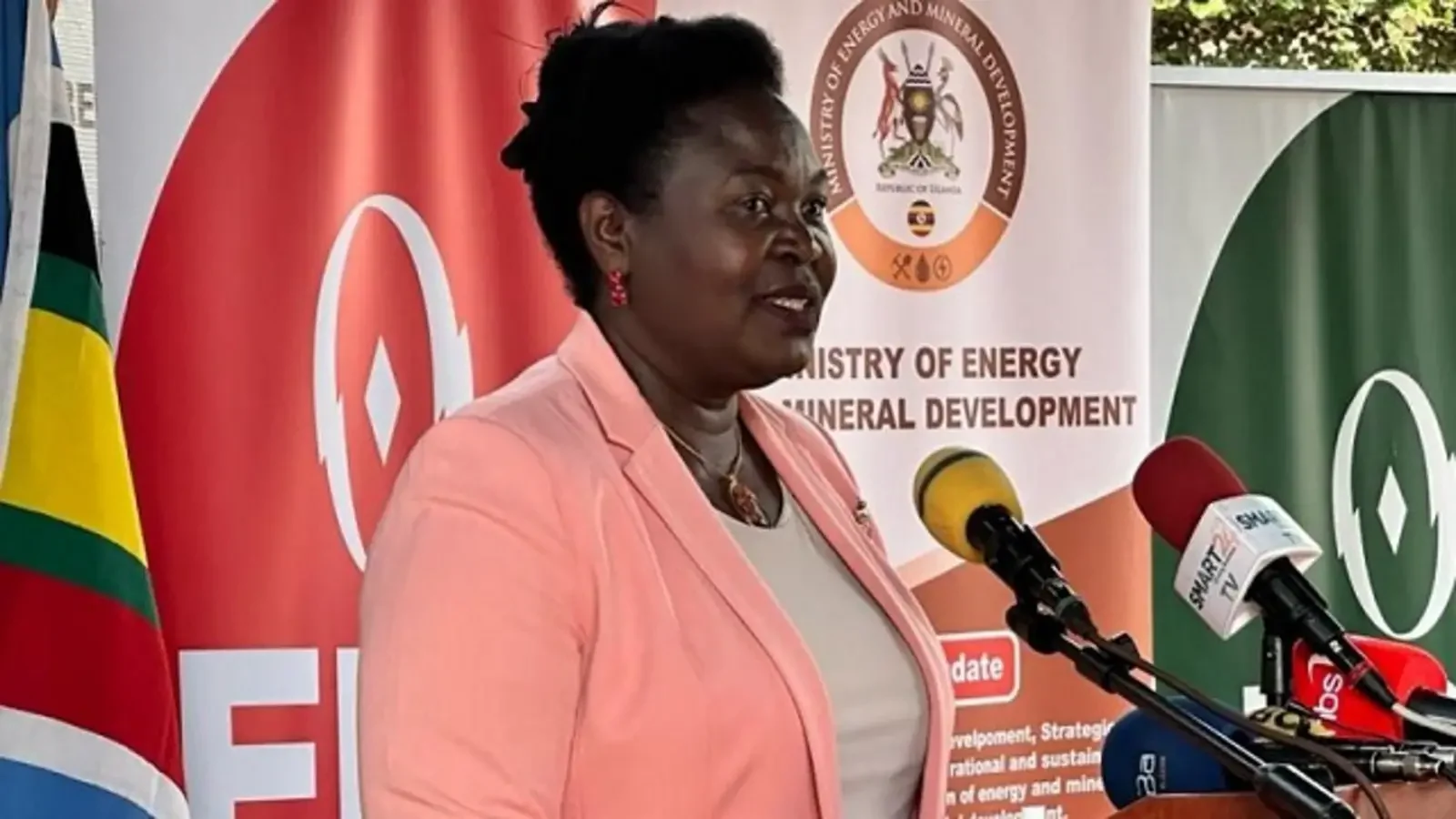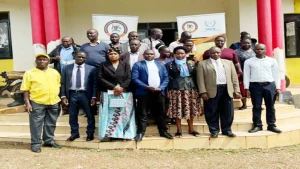Share
According to Energy and Mineral Development Minister Ruth Nankabirwa, Uganda is on track to generate at least 1,000 megawatts of nuclear energy by 2031. Nankabirwa disclosed during the National Renewable Energy Conference at Speke Resort Munyonyo that nuclear energy is an important aspect of the government’s aim to increase renewable energy consumption in the country.
“We are looking at 50 percent renewable energy use, 40 percent of which is going to be nuclear,” he said. She emphasized Uganda’s collaboration with the International Atomic Energy Agency in developing nuclear resources only for energy purposes.
Uganda plans to link at least 80 percent of its people to the grid by 2040, with an ambitious goal of providing renewable energy for everybody by that time. The government obtained a USD 368 million loan from the World Bank for power distribution throughout the country, allowing for almost 1 million additional grid connections.
Permanent Secretary of the Ministry of Energy and Mineral Development Irene Batebe stressed the sector’s emphasis on power generation, transmission, and distribution. She admitted that the clean energy transition is fraught with difficulties, such as a lack of proper finance and technical competence deficiencies in both the government and the commercial sector for handling renewable energy products.
While civil society groups lauded the government’s nuclear energy ambitions, they advocated a more holistic strategy to the renewable energy transition. The World Wide Fund for Nature’s Country Director, Ivan Tumuhimbise, stressed the need for a reform of the tax system on renewable energy products, arguing for steps to improve accessibility and incentivise investment in renewable energy.
Tumuhimbise also addressed the issue of biomass reliance for cooking in around 90% of Ugandan households, pushing the government to develop other sources of cooking energy in order to decrease environmental damage.







